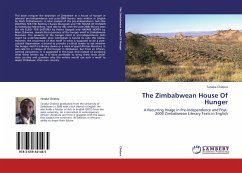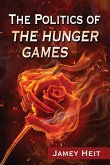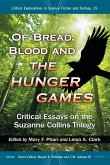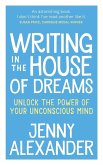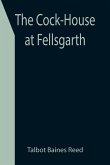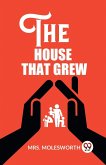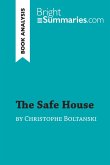This book critiques the depiction of Zimbabwe as a house of hunger in selected pre-independence and post-2000 literary texts written in English by black Zimbabweans. A close analysis of the pre-independence texts like WAITING FOR THE RAIN by Charles Mungoshi and THE HOUSE OF HUNGER by Dambudzo Marechera, read side by side with the post-2000 literary texts like AN ELEGY FOR EASTERLY by Petina Gappah and HARARE NORTH by Brian Chikwava, reveals the recurrence of the hunger motif in Zimbabwean literature. The presence of the hunger motif in pre-independence texts might be understandable since colonialism is bound to take the blame. However, the recurrence of that motif in what is supposed to be a post-colonial dispensation is bound to provoke a critical reader to ask whether the hunger motif is a literary device or a mark of good African literature. It also calls for a critique of this hunger in Zimbabwe, but from an African-centred perspective. It is suggested in this book that instead of accepting what these writers say, it is more profitable to bring these texts under close scrutiny and question why the writers would use such a motif to depict Zimbabwe, their own country.
Hinweis: Dieser Artikel kann nur an eine deutsche Lieferadresse ausgeliefert werden.
Hinweis: Dieser Artikel kann nur an eine deutsche Lieferadresse ausgeliefert werden.

